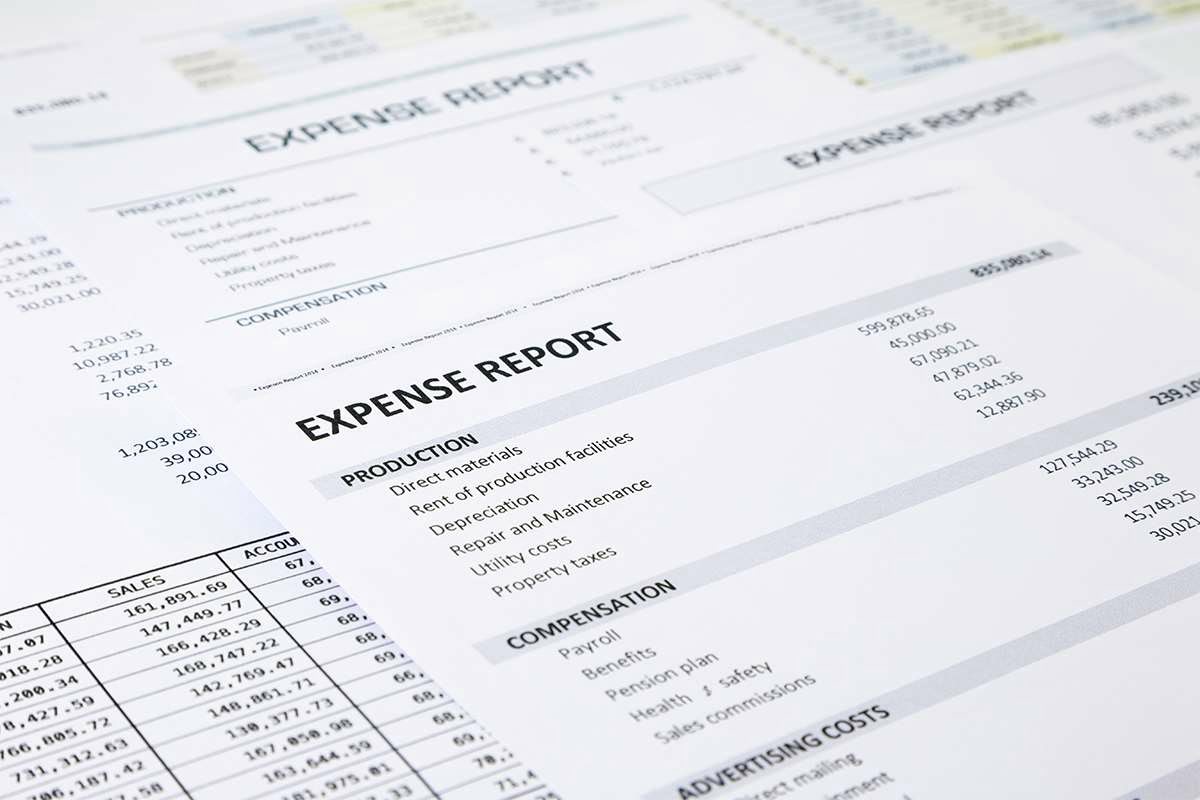What Is Loans Receivable?
Loans receivable form the cornerstone of lending activities, playing a vital role in the functioning of financial institutions and the broader economy. As assets on a lender’s balance sheet, loans receivable represent the amounts owed by borrowers and serve as a source of interest income, revenue generation, and economic growth. Accounts receivable financing is an agreement that involves capital principal in relation to a company’s accounts receivables. Accounts receivable are assets equal to the outstanding balances of invoices billed to customers but not yet paid. Accounts receivables are reported on a company’s balance sheet as an asset, usually a current asset with invoice payment required within one year.
Is a Loan an Asset?
Businesses without a steady stream of invoices and reliable customers may have a hard time qualifying for this type of financing. There isn’t a lengthy loan application and underwriting process, so you can get the financing you need fairly quickly. These materials were downloaded from PwC’s Viewpoint (viewpoint.pwc.com) under license. A loan is an asset but consider that for reporting purposes, that loan is also going to be listed separately as a liability. If you do an entry that only shows $15,000 coming in but doesn’t account for the fact that it must be paid back out eventually, your books will look a lot better than they are. Working capital loans can cover daily business expenses, like payroll, rent or purchasing inventory.
The accounts receivables still aren’t debt, but the loan or line of credit they take out is a debt. Accounts receivable financing is a type of loan where a company’s unpaid invoices — accounts receivable — act as collateral. With an accounts receivable loan, your lender advances a percentage of the invoice value as either a term loan or line of credit. Loans receivable can take various forms, such as commercial loans, consumer loans, mortgage loans, and other types of financing provided by financial institutions.
- A double entry system requires a much more detailed bookkeeping process, where every entry has an additional corresponding entry to a different account.
- An asset account in a bank’s general ledger that indicates the amounts owed by borrowers to the bank as of a given date.
- 1st Commercial Credit specializes in accounts receivable financing for manufacturers, service providers, distributors, transportation companies and exporters.
They sound similar, but they refer to two different financing arrangements. Factoring companies take several elements into consideration when determining whether to onboard a company onto its factoring platform. Furthermore, the terms of each deal and how much is offered in relation to accounts receivable balances will vary. The company borrowed $15,000 and now owes $15,000 (plus a possible bank fee, and interest). Let’s say that $15,000 was used to buy a machine to make the pedals for the bikes. That machine is part of your company’s resources, an asset that the value of such should be noted.
You’ve done your due diligence, the bike industry is booming in your area, and you feel the debt incurred will be a small risk. You expect moderate revenues in your first year but your business plan shows steady growth. Let’s give an example of how accounting for a loans receivable transaction would be recorded. Unsecured business loans do not require the borrower to put up any collateral. Shop and learn more about collateral-free financing at LendingTree.
Many companies may see accounts receivable as a burden since the assets are expected to be paid but require collections and can’t be converted to cash immediately. As such, the business of accounts receivable financing is rapidly evolving because of these liquidity and business issues. Moreover, external financiers have stepped in to meet this need. Furthermore, loans receivable contribute to the overall liquidity and solvency of lending institutions, providing a foundation for sustainable growth and stability.
Pros and cons of accounts receivable financing
Depending on the terms, a financier may pay up to 90% of the value of outstanding invoices. This type of financing may also be done by linking accounts receivable records with an accounts receivable financier. Most factoring company platforms are compatible with popular small business bookkeeping systems such as Quickbooks. Linking through technology helps to create convenience for a business, allowing calculating adjusted tax basis in a partnership or llc them to potentially sell individual invoices as they are booked, receiving immediate capital from a factoring platform. As such, both internally and externally, accounts receivable are considered highly liquid assets which translate to theoretical value for lenders and financiers.
Please Sign in to set this content as a favorite.
Recording loans receivable involves a structured process that reflects the financial impact of lending activities on a company’s balance sheet and income statement. The accurate and transparent recording of loans receivable is crucial for financial reporting and analysis, providing stakeholders with insights into the company’s assets, liabilities, and overall financial health. Although accounts receivable financing offers a number of diverse advantages, it also can carry a negative connotation. In particular, accounts receivable financing can cost more than financing through traditional lenders, especially for companies perceived to have poor credit. Businesses may lose money from the spread paid for accounts receivables in an asset sale.
Otherwise, it is classified as a non-current asset, and so will appear lower down in the balance sheet presentation. Only the interest portion on a loan payment is considered to be an expense. The principal paid is a reduction of a company’s “loans payable”, and will be reported by management as cash outflow on the Statement of Cash Flow.
t Commercial Credit
Each type of loan receivable serves distinct purposes and comes with its own set of risks and rewards. Lenders carefully assess the creditworthiness of the borrowers and the underlying collateral, if any, to determine the terms and conditions for extending these loans. Understanding the definition of loans receivable is crucial for both lenders and borrowers, as it forms the foundation for the entire lending process and influences the financial health of the parties involved. The presentation of loans receivable in an organization’s balance sheet will depend on whether loans are to be repaid within one year. When that is the case, then the receivable is classified as a current asset.
Navigating Crypto Frontiers: Understanding Market Capitalization as the North Star
Accounts receivable (AR) financing is a type of financing arrangement in which a company receives financing capital related to a portion of its accounts receivable. Accounts receivable financing agreements can be structured in multiple ways usually with the basis as either an asset sale or a loan. By proactively identifying, assessing, and mitigating these risks, lenders can safeguard their financial stability and uphold their role as responsible stewards of capital and credit.
For the past 52 years, Harold Averkamp (CPA, MBA) hasworked as an accounting supervisor, manager, consultant, university instructor, and innovator in teaching accounting online. He is the sole author of all the materials on AccountingCoach.com. For the past 52 years, Harold Averkamp (CPA, MBA) has worked as an accounting supervisor, manager, consultant, university instructor, and innovator in combat zone teaching accounting online. A double entry system provides better accuracy (by detecting errors more quickly) and is more effective in preventing fraud or mismanagement of funds.
Loans may be unsecured or secured with invoices as collateral. Financial institutions account for loan receivables by recording the amounts paid out and owed to them in the asset and debit accounts of their general ledger. This is a double entry system of accounting that makes a creditor’s financial statements more accurate. In conclusion, loans receivable are not only financial assets but also catalysts for economic progress and prosperity. However, the importance of loans receivable is accompanied by inherent risks, including credit risk, interest rate risk, liquidity risk, regulatory and compliance risk, and concentration risk.
If your customers don’t pay their invoices, you may be unable to repay your loan or line of credit, putting you at risk for late payment charges and other financial troubles. Your invoices act as collateral, which means lenders are more concerned about your customers’ creditworthiness and payment history, so you usually don’t need a good credit score to qualify. It can be an attractive option for businesses that can’t get approved for a traditional small business loan. Because the invoices serve as collateral, lenders may be willing to work with you, even if you have a low credit score or no prior borrowing history.



